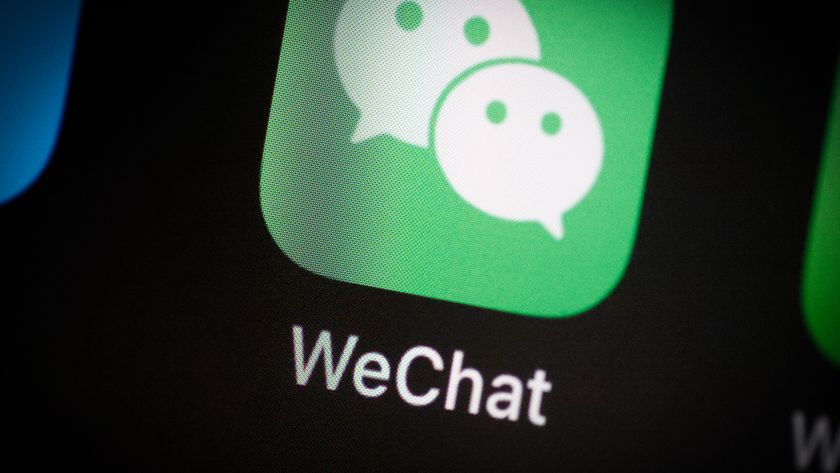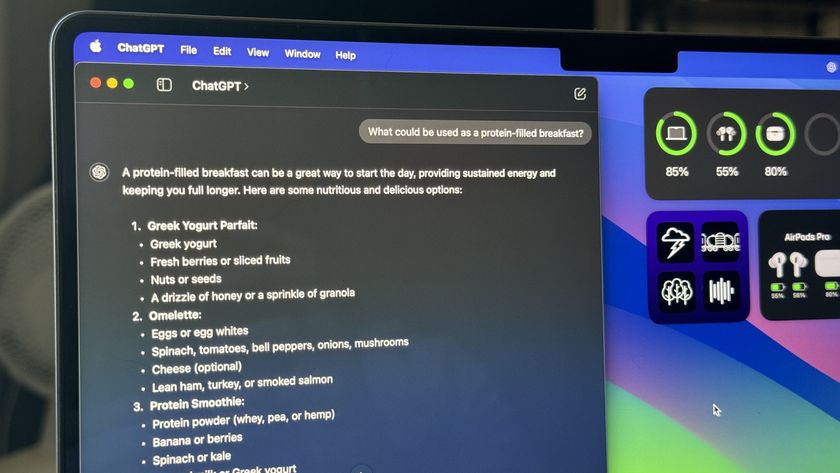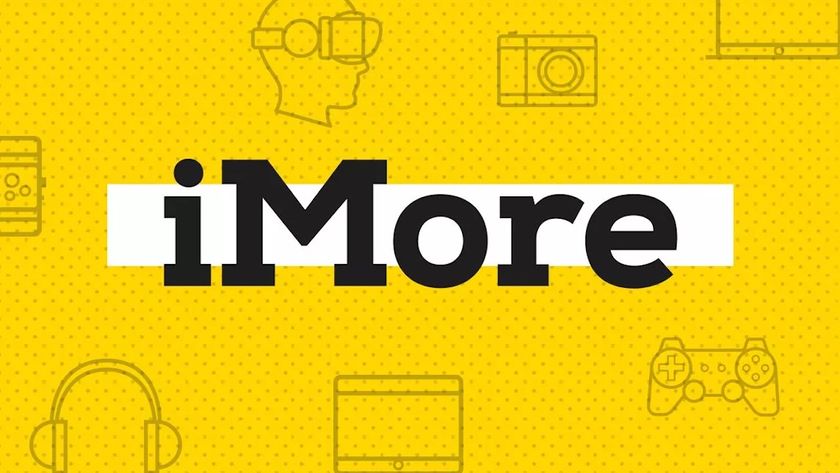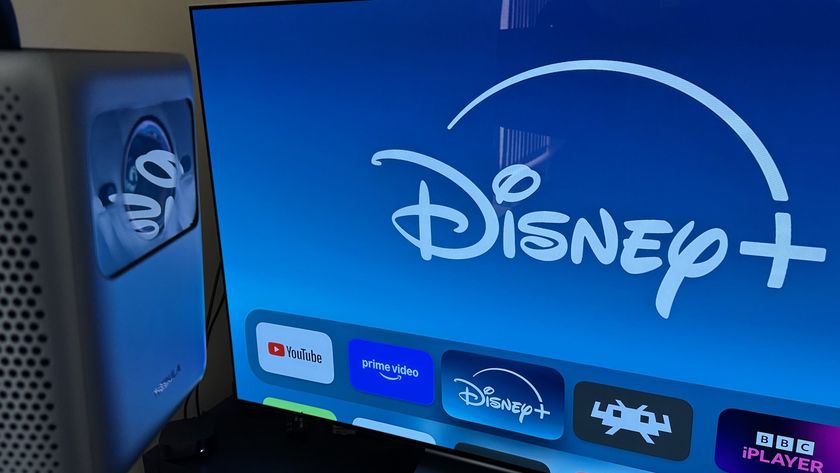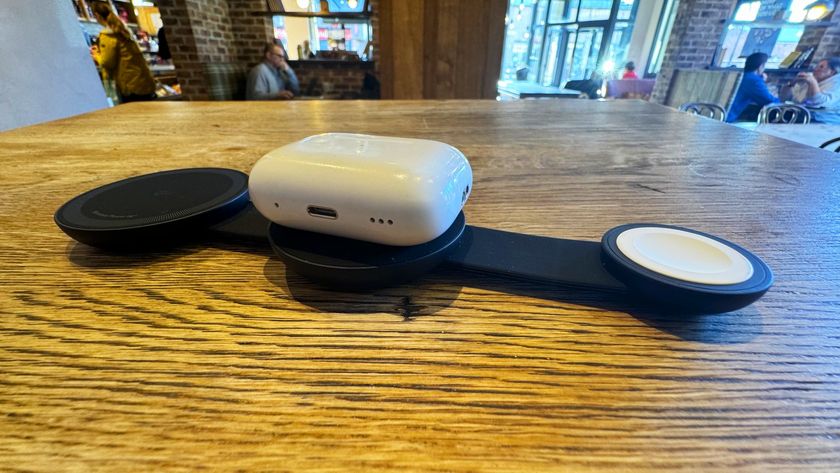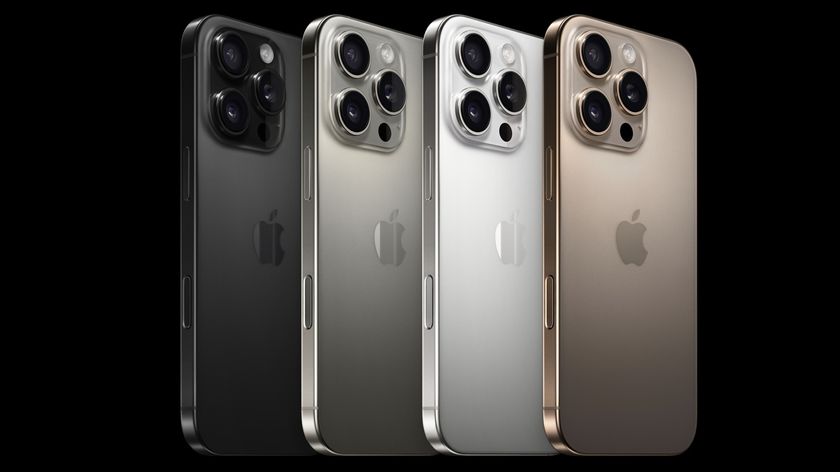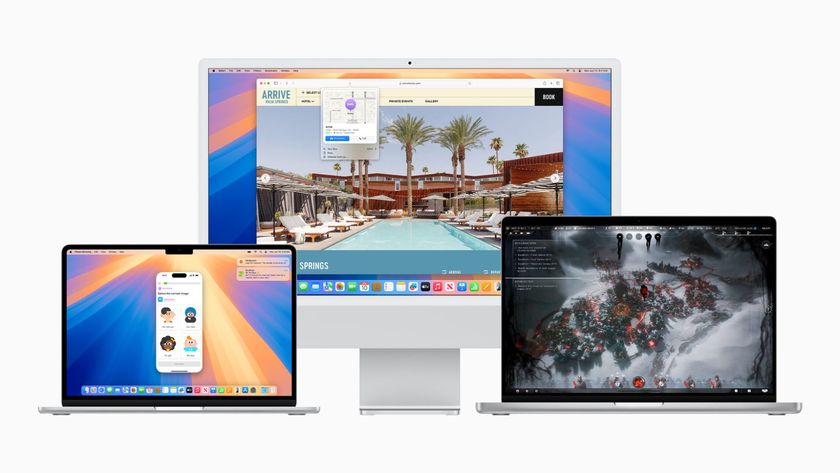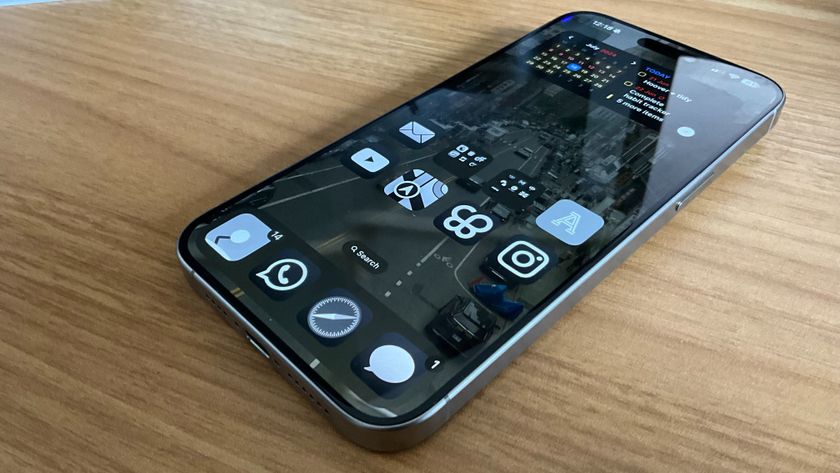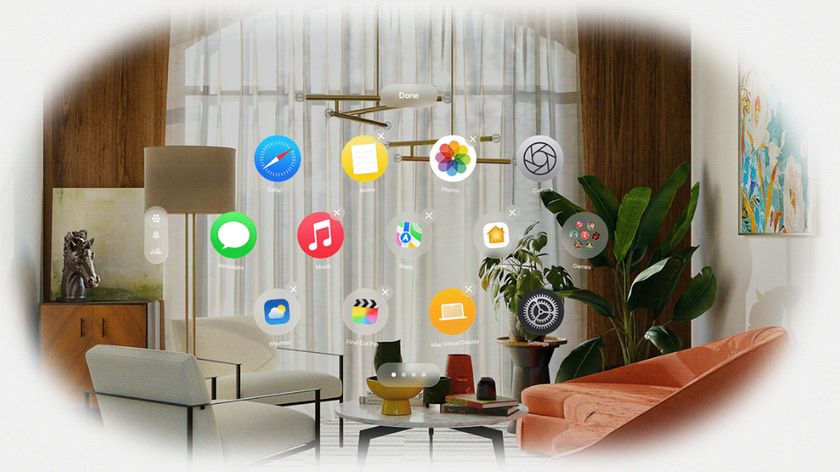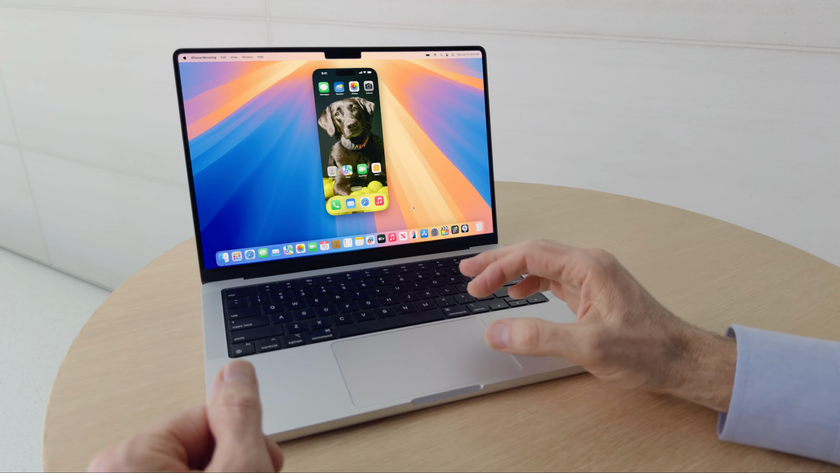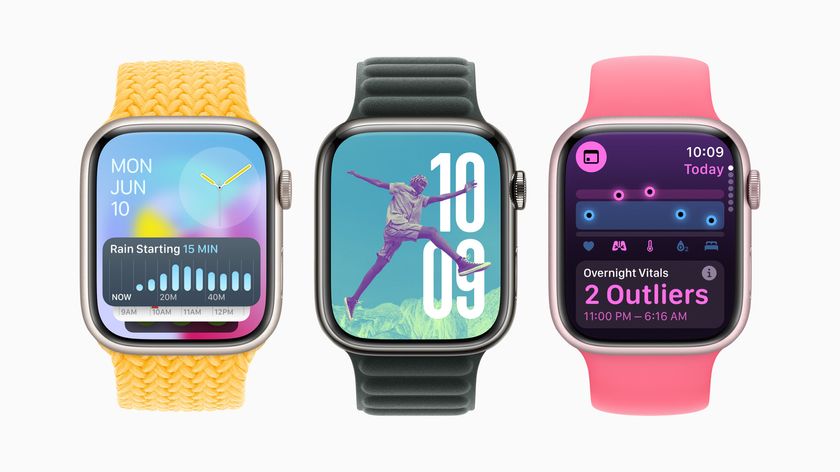App Store ratings are broken, let's get rid of them
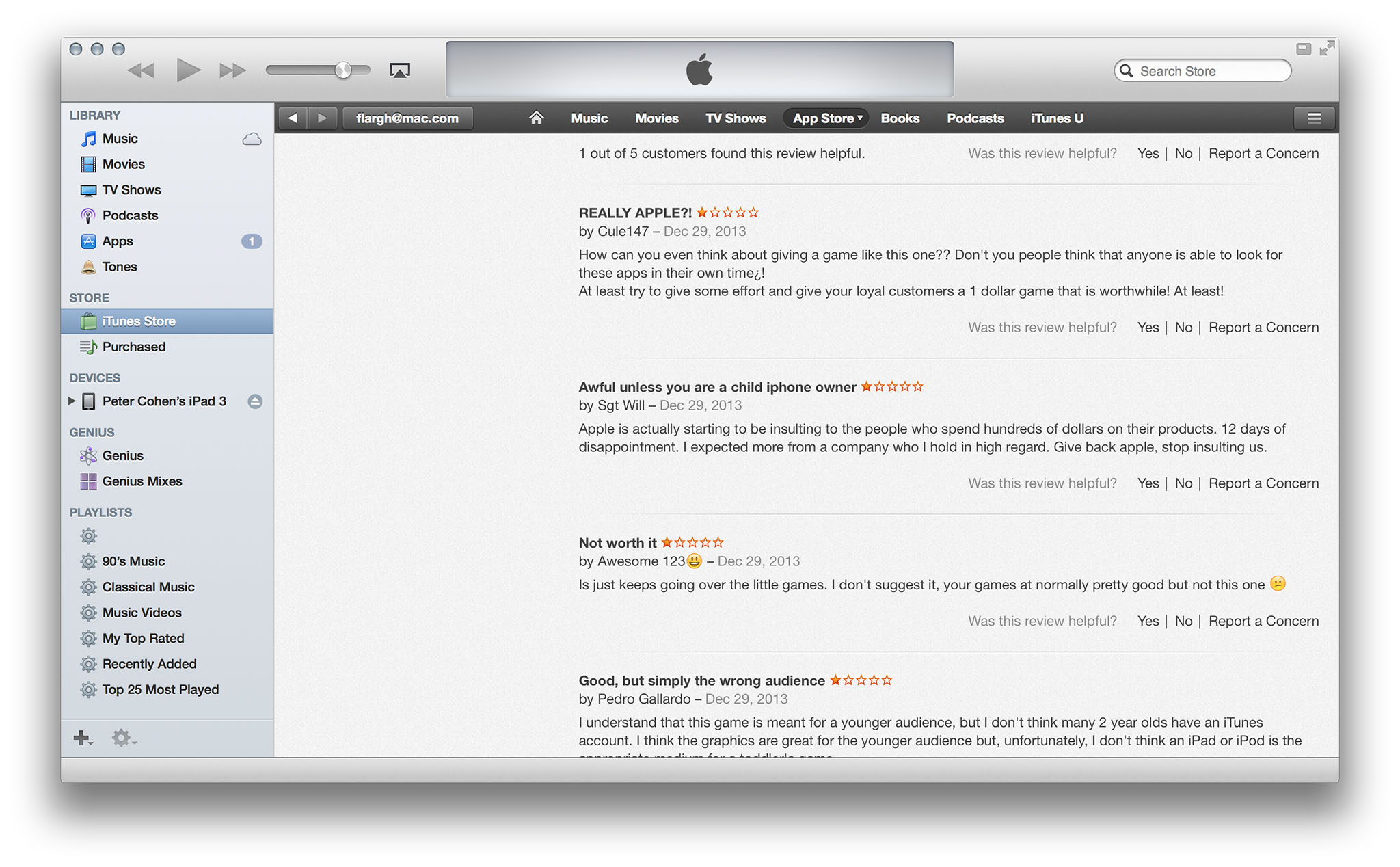
App Store reviews have been a thorn in the side of developers for about as long as they've been around. And yet another story is making its rounds on the Internet to remind us of App Store reviews' ugly side.
At their best, App Store reviews give customers an opportunity to share thoughtful feedback about what they like - and loathe - about the software they've downloaded. It's a great opportunity for others to learn what makes an app good, or to be waved off from a potentially costly mistake.
At their worst, App Store reviews - more specifically the ratings - are used as punitive measures, sledgehammers that capricious users too often rely on to assault developers who don't live up to their arbitrary expectations. And that's exactly what happened this past week.
What the heck is wrong with some people?
Apple provided a "12 Days of Gifts" app that reward iOS 7 users with twelve continuous days of free content and apps from iTunes and App Store. Some gifts are, predictably, free games and apps; others are free media, including music, movies and ebooks.
While the majority of "12 Days" recipients have accepted their gifts without incident, a vocal minority voiced their displeasure with what they'd been given by giving bad ratings to the products being offered.
Nowhere was this more evident than with the free release of Toca House, a game aimed at preschoolers and kindergartners that has them helping the colorful, animated residents of a virtual home with their housework. A bunch of mini-games, fun sounds and colorful animations make it a great, benign match for families looking for fun for their younger players.
But as soon as it appeared for download in the 12 Days app, one star ratings began to pop up in the App Store.
Master your iPhone in minutes
iMore offers spot-on advice and guidance from our team of experts, with decades of Apple device experience to lean on. Learn more with iMore!
"Your [sic] kidding me right step up your game on 12days or I will trade in my iPhone for a galaxy no joke" writes the grammatically challenged "VinnySpeed21."
"I'm very frustrated and disappointed with 12 days gift that's ridiculous" says "danielkaynz."
Dozens of variations on a theme: complaints from users who assume that every gift in Apple's grab bag should be tailored to their tastes, specifically.
Even the 12 Days app itself has been subject to a barrage of criticism from users who are upset that it's for iOS 7 - a free update that's been available for several months and now runs on a majority of active iOS devices.
Showing the rating system's shortcomings
The issues with the "12 Days" app underscores the shortcomings of the App Store's ratings systems - to wit, that it exists at all.
Users can assign a star rating - from one to five stars - with no context whatsoever. If an app crashes on you or locks up your phone, you can give it a one star review. But you can give it a one star rating if you don't like the shape of the app's icon or if you thought it was a stock market app and it turned out to be a recipe book instead.
There is very limited accountability for posting negative ratings, as well. Apple allows users to up or down vote reviews as helpful, or to report a concern; the default state of iTunes is to show the "most helpful" reviews first. That's fine when fellow customers do vote on the helpfulness of reviews; but rating reviews is entire optional, which makes it a rather arbitrary measure of effectiveness.
Another problem - and one that's been discussed before - is that developers have absolutely no mechanism to interact with customers who leave reviews, including those that have legitimate support issues. And customers who leave bad reviews have no incentive to go back and amend them - in fact, many may not be aware that it's possible to change reviews, as the feature is buried in their Account Details information.
A bad string of ratings can sink a good app and the current rating system provides no way of knowing how effective a developer's customer support is after the fact. It captures a moment in time only: when the app was downloaded, that the user had some sort of beef and then complained about it. Expecting developers to be able to deliver five-star work to everyone who downloads their app is simply unrealistic.
Another issue that's gotten discussion recently is the in-app mechanism many developers employ to elicit an App Store review. John Gruber of Daring Fireball doesn't like the practice and even went so far as to recommend to his readers to punish app developers who engage in the practice with a one-star rating. I agree that soliciting positive feedback can be annoying, but I don't think arbitrary reviews as a form of developer punishment don't help the situation, either. Gruber also pointed towards Jim Biancolo's piece calling for app ratings to be removed all together - which I agree with.
The bottom line is that some App Store customers use the ratings system appropriately, some don't use it properly at all.
What should we do about it?
My preference is to get rid of the rating system all together. It's too easy to abuse and provides no useful context to inform App Store customers. I'd love to see it abolished all together, because I don't see a way to make it work.
Now, I'm not opposed to reviews, just ratings. Thoughtful reviews that describe the strengths and weaknesses of an app are fine, as rare as they may be. But let the buyer draw their own conclusion about the app, rather than being force-fed a star rating that doesn't give them any useful information. Star ratings encourage a "drive by" mentality, where users with beefs real and imagined can do maximum damage to developers with impunity.
I say this as someone who's reviewed software for nigh on 20 years now - reviews of any type are entirely subjective, and whittling them down to a facile up or down vote or numerical rating system ultimately demeans the efforts of the developers that create these apps. If I didn't like an app's design, should I remove one star or just half a star? What if it crashes? Is that an instant one-star rating? How many stars do I take off for grammar or punctuation errors?
In the case of the App Store - and sadly in the case of many magazines and web sites that do so - giving products numerical ratings is an arbitrary, inconsistent and ineffective practice, and one I wish would stop.

